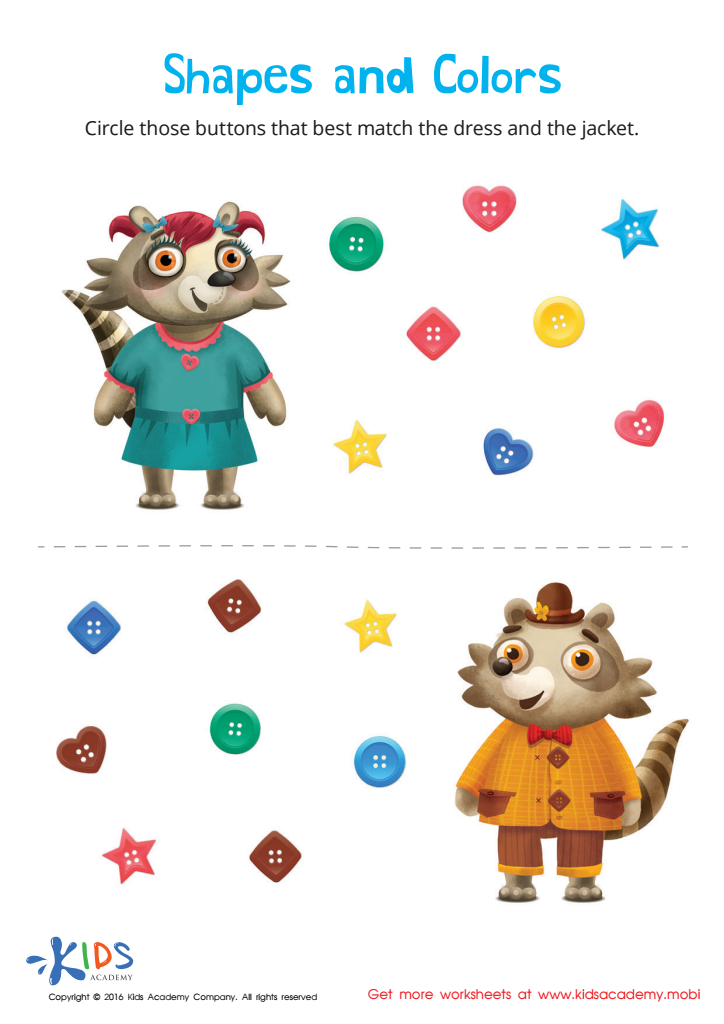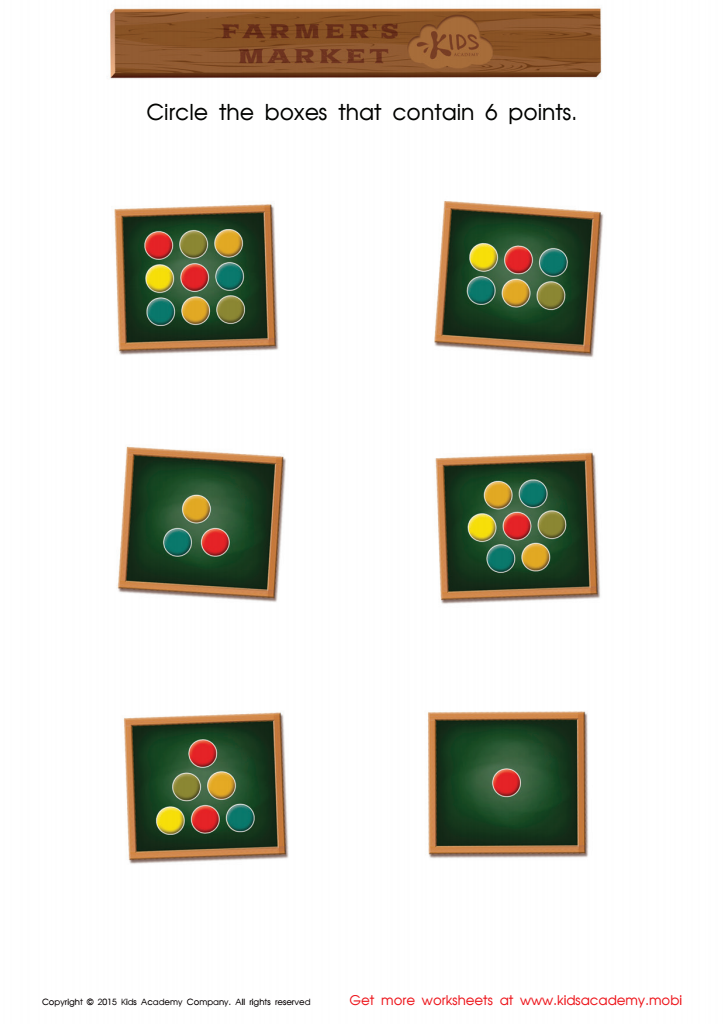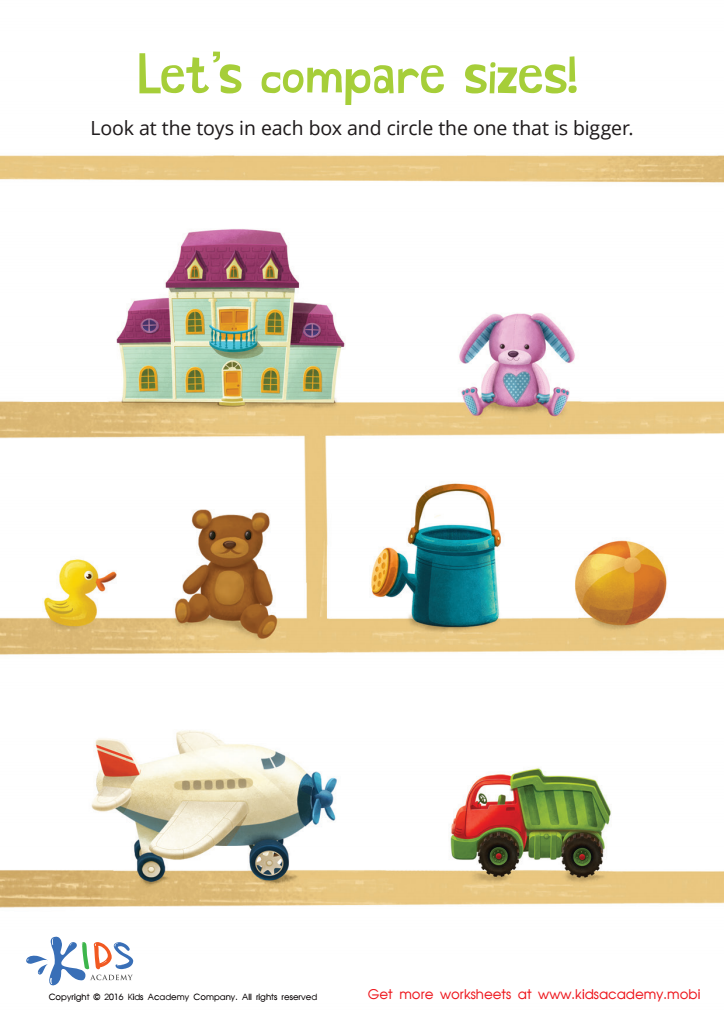Visual perception Extra Challenge Matching Worksheets for Ages 3-4
3 filtered results
-
From - To
Enhance your child's visual perception skills with our Visual Perception Extra Challenge Matching Worksheets, designed specifically for ages 3-4. These engaging worksheets provide an excellent way for young learners to practice matching skills, improve their attention to detail, and strengthen cognitive development. Featuring delightful images and playful tasks, each worksheet is geared towards making learning both fun and effective. Perfect for preschoolers, these activities will foster critical thinking and observational abilities, setting a strong foundation for future learning. Explore our collection and watch your child thrive while enjoying this important early learning challenge!


Matching: Shapes and Colors Worksheet


Count and Match Points 6 Math Worksheet


Classifying by Size Sorting Worksheet
Parents and teachers play a vital role in fostering early childhood development, and engaging children in visual perception extra challenges, such as matching activities, can significantly benefit three- and four-year-olds. Visual perception is the brain's ability to interpret and make sense of visual information from the surroundings, and it is foundational for many future academic and daily life skills.
By participating in matching games, children enhance their cognitive skills such as attention to detail, memory, and critical thinking. These activities require young minds to observe details, remember similarities and differences, and make accurate judgments. This lays the groundwork for developing literacy, as recognizing patterns and shapes contributes to letter and word recognition crucial for reading.
Moreover, matching games bolster fine motor skills and hand-eye coordination, which are essential for writing and other daily tasks. As children interact with various objects, shapes, and colors, they also expand their vocabulary and improve language skills by describing and categorizing what they see.
Furthermore, these visual perception challenges promote concentration and patience, skills that are crucial throughout a child's educational journey and personal growth. Providing these enriching experiences in a playful and supportive environment can spark curiosity and a love for learning, setting a positive trajectory for lifelong development.
 Assign to My Students
Assign to My Students




















